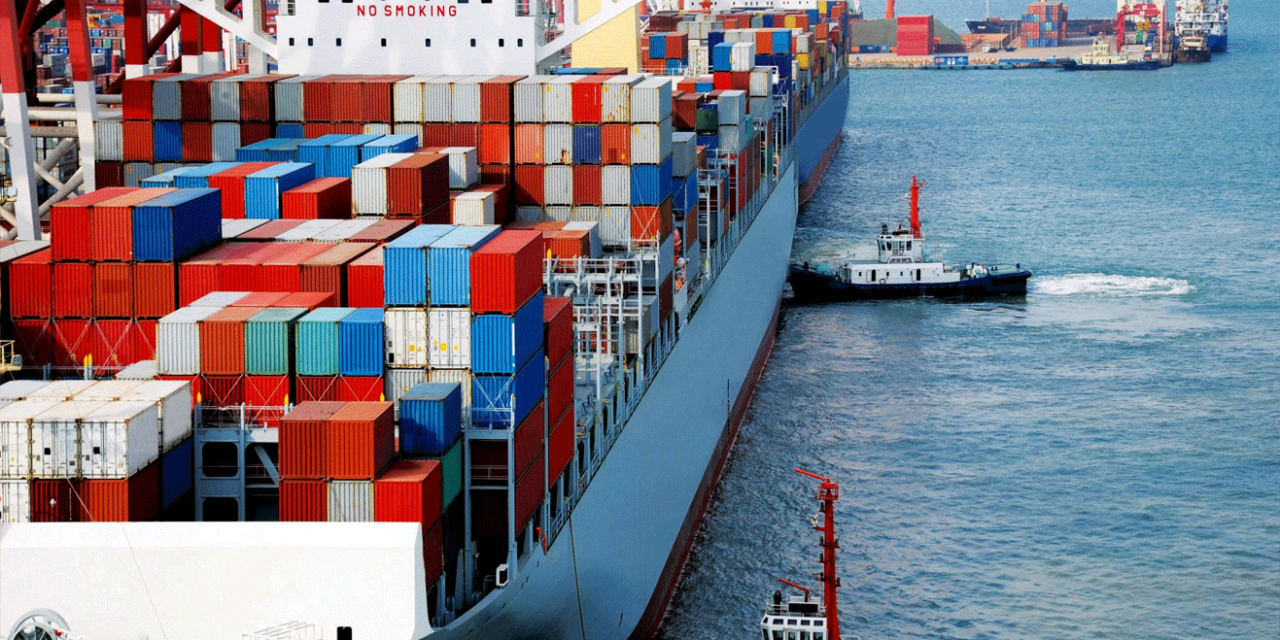Trade in services rises faster than trade in goods, report finds
22.01.2019The McKinsey Global Institute published the report Globalization in transition: The future of trade and value chains, analyzing the dynamics of global value chains. The report found structural shifts that have been hiding, and noted that global value chains are being reshaped by rising demand and new industry capabilities.

Despite the fact that trade continues to increase, trade intensity is reducing. Namely, flows of services and data play a more important role in tying the global economy together.
Not only is trade in services growing faster than trade in goods, but services are driving value far beyond what national accounts measure. Using alternative measures, the report found that services are already more valuable in global trade than goods. Moreover, all global value chains are becoming more knowledge-intensive.
Three factors explain these changes:
- Growing demand in China and the rest of the developing world: This enables these countries to consume more of what they produce;
- Growth of more comprehensive domestic supply chains in those countries: This reduced their reliance on imports of intermediate goods;
- Impact of new technologies.
In addition, the 1990s and 2000s experienced the expansion of complex value chains spanning the globe. Nevertheless, production networks continue to evolve. This situation created five major shifts in global value chains over the past decade:
- Goods-producing value chains have grown less trade-intensive: Trade is still growing, but the share of output moving across the world’s borders has fallen from 28.1% in 2007 to 22.5% in 2017.
- Services play a growing and undervalued role in global value chains: Trade in services has grown more than 60% faster than goods trade over the past decade;
- Trade based on labor-cost arbitrage is declining in some value chains: Today only 18 percent of goods trade is based on labor-cost arbitrage;
- Global value chains are growing more knowledge-intensive: Capitalized spending on R&D and intangible assets such as brands, software, and intellectual property (IP) is growing as a share of revenue. Overall, it increased from 5.4% of revenue in 2000 to 13.1% in 2016;
- Value chains are becoming more regional and less global: The intraregional share of global goods trade has risen by 2.7% since 2013, partially reflecting the rise of emerging-market consumption. On the other hand, trade in goods between countries within the same region reduced from 51% in 2000 to 45% in 2012.
Source:Safety4sea.com
